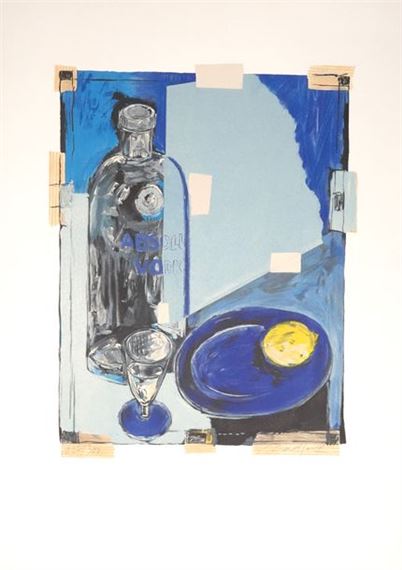The Inspiring Journey of Robert Radford in Theatre

Introduction
Robert Radford is rapidly emerging as one of the most influential figures in the UK theatre scene. His innovative approach to directing and commitment to fostering new talent have placed him at the forefront of contemporary theatrical productions. With a unique ability to blend classical influences with modern storytelling, Radford’s impact on the theatre community is both significant and inspiring.
Early Life and Education
Born in London, Robert Radford’s passion for theatre began at a young age. He studied drama at the prestigious Royal Academy of Dramatic Art (RADA), where he honed his skills in directing and stage management. Following his graduation, Radford gained valuable experience working with established theatre companies across the UK, which laid the groundwork for his distinctive style.
Career Highlights
Radford’s first major breakthrough came with the production of “A Midsummer Night’s Dream” at the National Theatre, which received widespread acclaim for its fresh interpretation of the classic play. Since then, he has directed several notable productions, including contemporary adaptations of Shakespearean works and original plays that address modern societal issues. His recent project, “Voices of the Forgotten,” has drawn attention for its poignant storytelling that reflects current social challenges.
Innovative Approaches
What sets Robert Radford apart is his willingness to explore unconventional narratives and use multimedia elements within his productions. He often collaborates with emerging artists and playwrights, providing them with a platform to showcase their talents. His commitment to diversity in casting and storytelling has also earned him recognition for promoting inclusivity in the performing arts.
Future Prospects
As Robert Radford continues to revolutionise the theatre landscape, industry experts predict that he will play a crucial role in shaping the future of UK theatre. His dedication to innovation and community engagement suggests that he will remain a leading figure for years to come. Upcoming projects include long-term initiatives aimed at nurturing young talent and expanding theatre access to underrepresented groups.
Conclusion
Robert Radford’s contributions to contemporary theatre cannot be overstated. His ability to intertwine tradition with innovation has revitalised interest in live performances and encouraged a new generation of theatre-goers. As he embarks on greater projects, his influence is sure to inspire both audiences and aspiring artists, reaffirming the importance of theatre as a cultural cornerstone in the UK.









